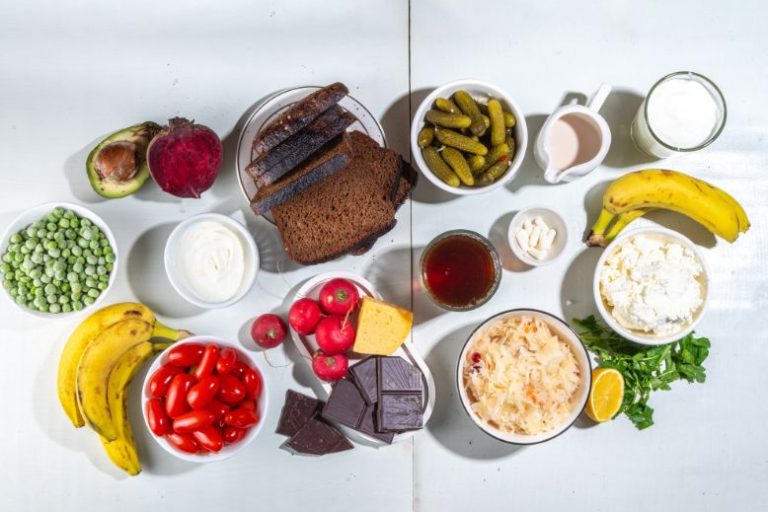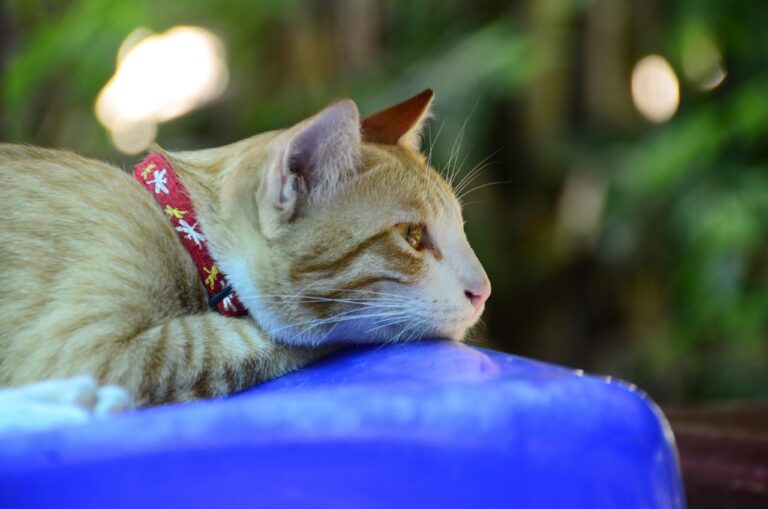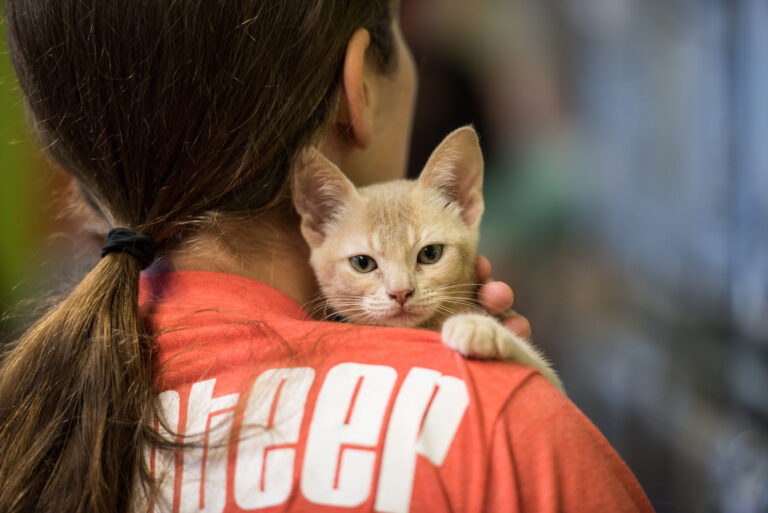Digestive health plays a vital role in a cat’s overall well-being, and just like humans, cats can benefit from probiotics. These beneficial bacteria help maintain a balanced gut microbiome, aiding digestion, supporting the immune system, and reducing gastrointestinal issues. But should you add probiotics to your cat’s diet? Understanding their function, benefits, and potential risks can help you make an informed decision about whether they are the right choice for your feline companion.
Table of Contents
What Are Probiotics?
Probiotics are live microorganisms—mainly beneficial bacteria and yeasts—that support gut health by promoting a balanced intestinal flora. The digestive system naturally contains both good and bad bacteria, but factors like stress, poor diet, antibiotics, or illness can disrupt this balance, leading to digestive issues. Probiotics help restore the natural equilibrium, improving digestion and overall health.
Common probiotic strains beneficial for cats include:
- Lactobacillus – Supports digestion and strengthens the immune system.
- Bifidobacterium – Aids in nutrient absorption and helps with intestinal balance.
- Enterococcus – Assists in breaking down food and preventing harmful bacterial overgrowth.
- Saccharomyces boulardii – A beneficial yeast known for helping with diarrhea and gut inflammation.
Benefits of Probiotics for Cats
- Improved Digestion
Probiotics aid in breaking down food and absorbing nutrients more efficiently. They can be particularly helpful for cats with sensitive stomachs, frequent vomiting, or inconsistent stool quality. - Relief from Diarrhea and Constipation
Cats suffering from chronic diarrhea, constipation, or irritable bowel syndrome (IBS) may benefit from probiotics, which help regulate bowel movements and maintain stool consistency. - Enhanced Immune Function
A healthy gut microbiome plays a crucial role in immunity. Probiotics help strengthen your cat’s natural defenses, reducing the likelihood of infections and inflammatory conditions. - Support for Antibiotic Recovery
Antibiotics kill both harmful and beneficial bacteria, disrupting the gut flora. Adding probiotics during or after an antibiotic course can help restore balance and prevent digestive upset. - Reduced Gas and Bloating
Some cats experience excessive gas due to imbalanced gut bacteria. Probiotics promote a healthy gut environment, reducing bloating and discomfort. - Potential Benefits for Allergies and Skin Health
Emerging research suggests that gut health influences allergic reactions. Probiotics may help improve immune responses, leading to better skin and coat health in cats prone to allergies.
Should You Add Probiotics to Your Cat’s Diet?
Not all cats require probiotics, but certain situations may warrant their use:
- Cats with frequent digestive issues such as diarrhea, constipation, or vomiting.
- Cats recovering from illness or antibiotic treatments that may have disrupted their gut bacteria.
- Senior cats that may experience digestive inefficiencies.
- Cats prone to stress-related stomach upset, such as those undergoing travel or environmental changes.
If your cat is generally healthy and has no digestive problems, they may not need additional probiotics. However, adding them as a preventive measure could help maintain gut health in the long term.
Sources of Probiotics for Cats
- Probiotic Supplements
Many commercial probiotic supplements are available in powder, capsule, or liquid form. Choose one specifically formulated for cats, as human probiotics may not contain the right strains or dosages. - Probiotic-Enriched Cat Foods
Some premium cat foods include added probiotics to support digestion. If you’re already feeding a high-quality diet, check the ingredient list for probiotics like Lactobacillus or Bifidobacterium. - Natural Probiotic Foods
Some cat-friendly foods contain natural probiotics, including:- Plain unsweetened yogurt (small amounts, if your cat tolerates dairy).
- Fermented goat milk (a gentler alternative to regular dairy).
- Bone broth (contains prebiotics that nourish healthy gut bacteria).
Always introduce new probiotic sources gradually to avoid digestive upset.
Potential Risks and Side Effects
Probiotics are generally safe, but some cats may experience mild side effects such as:
- Temporary bloating or gas as the gut adjusts.
- Changes in stool consistency, which usually resolve within a few days.
- Allergic reactions to certain ingredients in probiotic supplements.
If your cat has an underlying health condition or is on medication, consult your veterinarian before introducing probiotics.
How to Choose the Right Probiotic for Your Cat
When selecting a probiotic supplement, look for:
- Strains Specifically for Cats – Not all bacteria benefit feline digestion, so choose a product designed for cats.
- Guaranteed Live Cultures – Ensure the probiotics are viable and active.
- No Artificial Additives – Avoid products with unnecessary fillers, sweeteners, or preservatives.
- Veterinary Approval – Check with your vet to find a high-quality, reputable brand.
When to Consult a Veterinarian
If your cat has persistent digestive issues, unexplained weight loss, or other health concerns, consult your veterinarian before using probiotics. They can help determine the underlying cause of the problem and recommend the best course of action.
In Conclusion

Probiotics can be a valuable addition to a cat’s diet, especially for those with digestive issues, weakened immunity, or stress-related stomach upset. They support gut health, enhance nutrient absorption, and help maintain overall well-being. While not all cats need probiotics, they can provide benefits in specific situations, such as after antibiotic treatment or for cats prone to digestive troubles.
If you’re considering adding probiotics to your cat’s routine, choose high-quality supplements or probiotic-rich foods and introduce them gradually. Always consult your veterinarian to ensure probiotics are suitable for your cat’s individual health needs.







